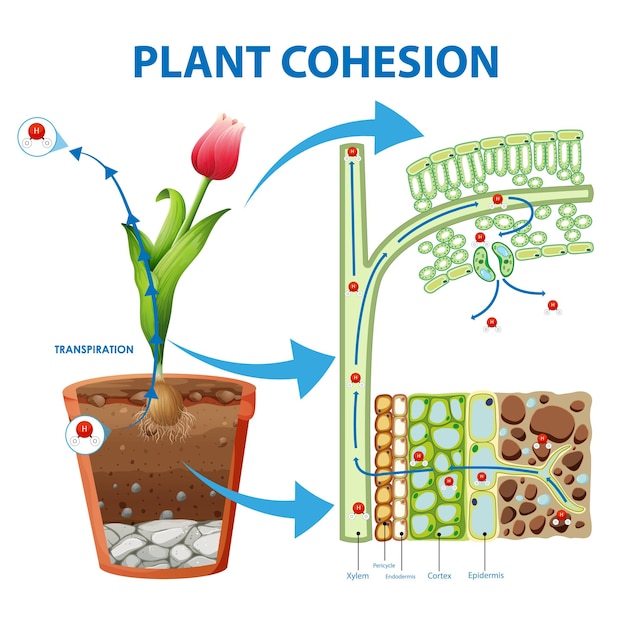Minerals and Phytic Acid
Minerals like calcium, magnesium, iron, and zinc often bind to phytic acid molecules. Phytase is an enzyme that breaks down phytic acid, releasing these bound minerals and making them available for the body to use. This process also releases essential phosphorus, which is crucial for good nutrition.
Phytase is commonly found in plant materials and is one of many enzymes necessary for digestion. It enhances the nutritional quality of grains, legumes, seeds, and corn by breaking them down. This enzyme can also reduce the need for calcium phosphate and improve digestive health.
The Health Benefits of Phytase
Boosts Mineral Absorption and Bioavailability
Enzymes in food work together with the body’s enzymes to significantly enhance the nutritional value of food. Recent research indicates that supplementing with phytase can greatly improve the body’s ability to absorb and utilize vital minerals like calcium, magnesium, and iron.
Lowers Phytic Acid in the Body
Many plants we consume, such as corn, grains, seeds, legumes, soybeans, and most cereals, contain high levels of phytic acid. This acid, known as an “anti-nutritional factor,” can hinder nutrient absorption by forming insoluble complexes with minerals and proteins. While dietary phytic acid has some benefits, such as preventing kidney stones and heart disease, phytase plays a crucial role in breaking down excess phytic acid, freeing up phosphorus for the body to use.
May Reduce Mineral Deficiencies
A review by the Federal Research Centre for Nutrition and Food in Germany found that phytase supplementation could significantly increase mineral uptake and reduce phytate content in cereals and legume-derived foods. This study concluded that while phytase is traditionally used to enhance mineral content in animal feed, it has promising applications for human digestion. It may help reduce mineral deficiencies in vulnerable groups such as childbearing women, vegans, vegetarians, and people in developing countries.
Helps Eliminate Toxic Build-up in the Digestive Tract
By breaking down phytic acid, phytase streamlines the digestive process, reducing the likelihood of excess insoluble complexes building up in the digestive tract.
Frees Bound Phosphorus in the Body
Phytase breaks down bound, unusable forms of phosphorus, making it available for the body to absorb and use. Phosphorus is a vital nutrient, essential for every cell in the body as it forms part of the cell membrane’s phospholipid bilayer. It also plays a central role in metabolism as a component of ATP (adenosine triphosphate), the energy molecule.
Boosts Bone Health
Phosphorus is crucial for bone growth and density. An animal study at Auburn University found that phytase not only increased phosphorus availability but also improved body weight, digestive efficiency, and overall bone strength in lab animals. The study also noted that phytase could significantly enhance performance in animals.
How to Read the Units of Measurement for Phytase
Phytase activity is measured in FTU (phytase units); the higher the number, the more active the enzyme. Phytase units are an FCC measurement based on the enzymatic hydrolysis of sodium phytate under controlled conditions. FCC stands for Foods Chemical Codex, a division of the United States Pharmacopeia (USP), which sets standards for supplements.
Where Can I Find the Best Source of Phytase?
VeganZyme contains a 100% vegan form of phytase produced through the natural fermentation process of Aspergillus niger. It is non-GMO, kosher certified, gluten-free, and vegan. VeganZyme is an advanced, full-spectrum enzyme supplement that helps digest fats, sugars, proteins, carbohydrates, gluten, fruits, vegetables, and other food sources. It also provides systemic enzymes to help break down mucus, fibrin, toxins, allergens, and excess clotting factors throughout the body.

